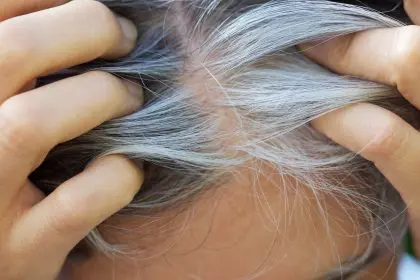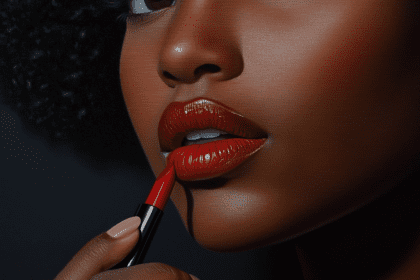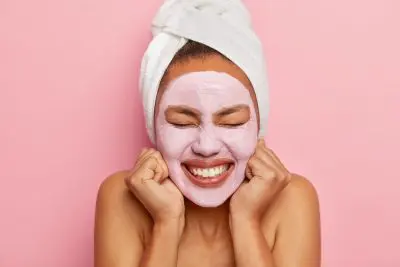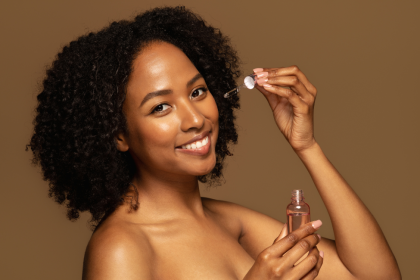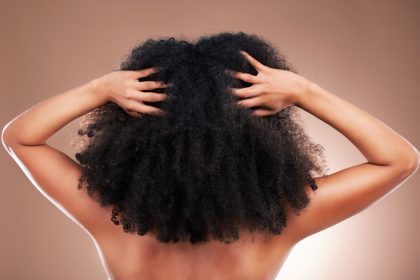In recent years, the landscape of beauty and hair care for young Black girls has evolved dramatically. Gone are the days when a simple head full of braids, slicked down with Ultra Sheen and adorned with barrettes, was the norm. Today, social media platforms like TikTok have introduced a new trend that has sparked both fascination and outrage: the application of lace front wigs on young children.
The rise of lace front wigs among young girls
As parents navigate the complexities of beauty standards and self-expression, many are opting for lace front wigs for their little ones. This trend has gained traction on platforms like TikTok, where videos showcase parents gluing wigs onto children as young as 1 year old. While some viewers find the results adorable, others are raising serious concerns about the implications of this practice.
Divided opinions on social media
The reactions to these videos are mixed. For instance, one TikTok video featuring a baby getting a lace front wig installed has drawn a flurry of comments, with some praising the cuteness while others decry it as a form of child abuse. A stylist from New York City expressed her disapproval, stating, “I would never put a lace front on a small child. It can cause damage to their hairline, and they could have an allergic reaction to the glue.” This sentiment resonates with many who worry about the potential harm to a child’s natural hair and self-esteem.
Health risks and concerns
Experts warn that using wig glue on young children can lead to various health issues. The adhesive can damage delicate hair follicles and may cause allergic reactions, which could have lasting effects on a child’s hair health. Parents are urged to consider these risks seriously before engaging in such beauty practices.
Mixed reactions to influencer videos
Influencer culture has also played a significant role in popularizing this trend. For example, a video by TikTok user @iamkrystallashon, who put a wig on her five-year-old daughter for the first day of school, received backlash from some viewers. Critics labeled the act as “insane,” while others defended the influencer, noting that the wig was removed after the video and was merely a promotional tool.
Alternatives to wigs for young girls
Many commenters have suggested alternative hairstyles that could be more suitable for young girls. Styles like Bantu knots or simple braids are often recommended as healthier options that celebrate natural beauty without the potential risks associated with wigs. This perspective emphasizes the importance of fostering a positive self-image in young girls, encouraging them to embrace their natural hair.
Long-term implications on self-esteem
Critics of the lace front wig trend argue that introducing young girls to wigs at such an early age can negatively impact their self-esteem. A TikTok video featuring a four-year-old with a lace front wig and acrylic nails has particularly drawn ire, with many commenters expressing concern that this sets unrealistic beauty standards for young children. One commenter poignantly stated, “I don’t agree with her putting her in no lace front; let her learn to love her natural self and be a kid.” This highlights a growing awareness of the psychological effects that beauty practices can have on young girls.
A call for thoughtful choices
As the conversation around beauty standards for young Black girls continues to evolve, it is crucial for parents to make informed and thoughtful choices. While the allure of lace front wigs may be strong, the potential risks to a child’s hair health and self-esteem cannot be overlooked. Embracing natural beauty and exploring healthier hairstyle options can empower young girls to love themselves just as they are.
Ultimately, the decision lies with parents, but it is essential to weigh the pros and cons carefully. The beauty industry is ever-changing, and as trends come and go, the well-being of our children should always remain a top priority.



